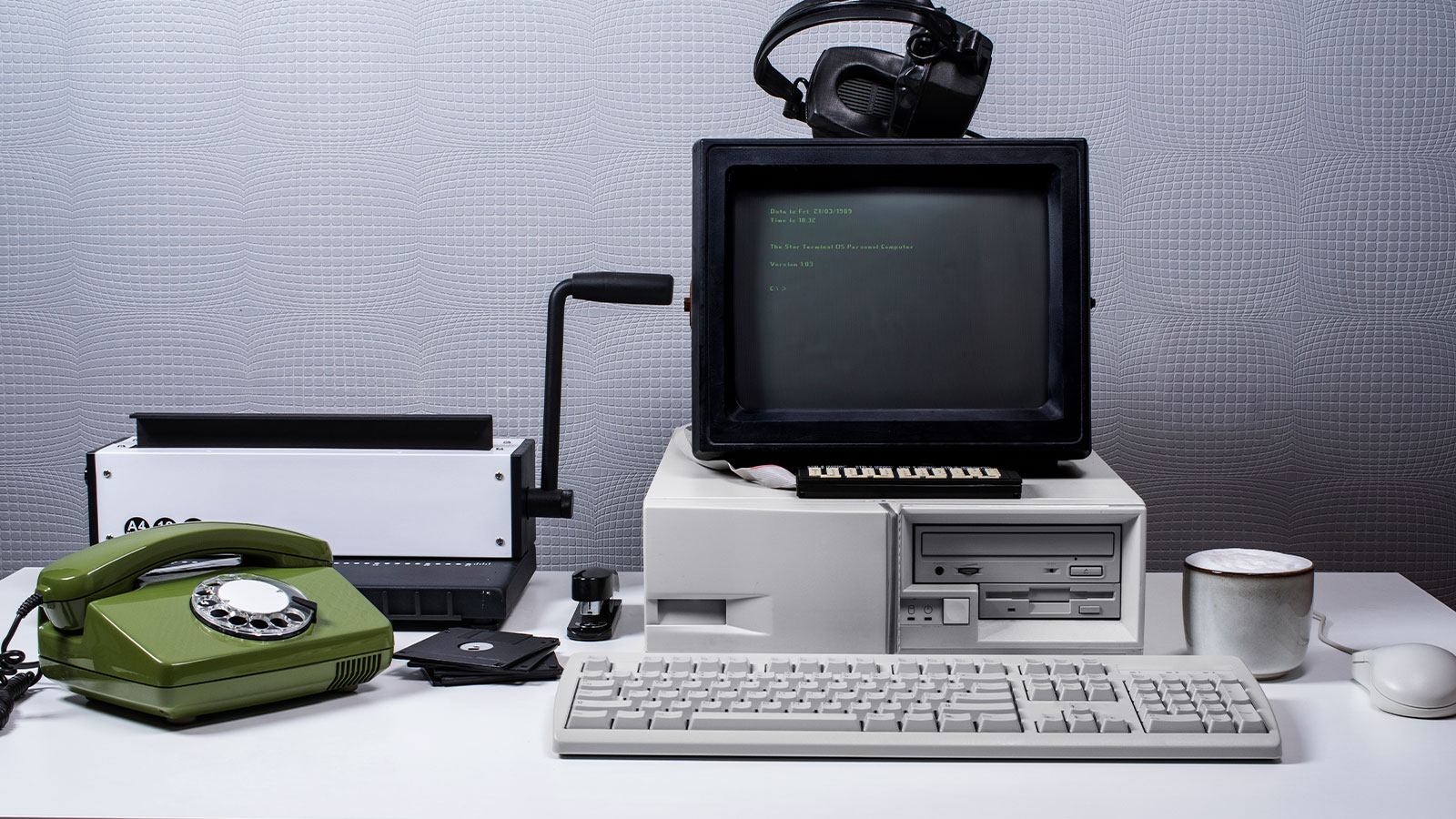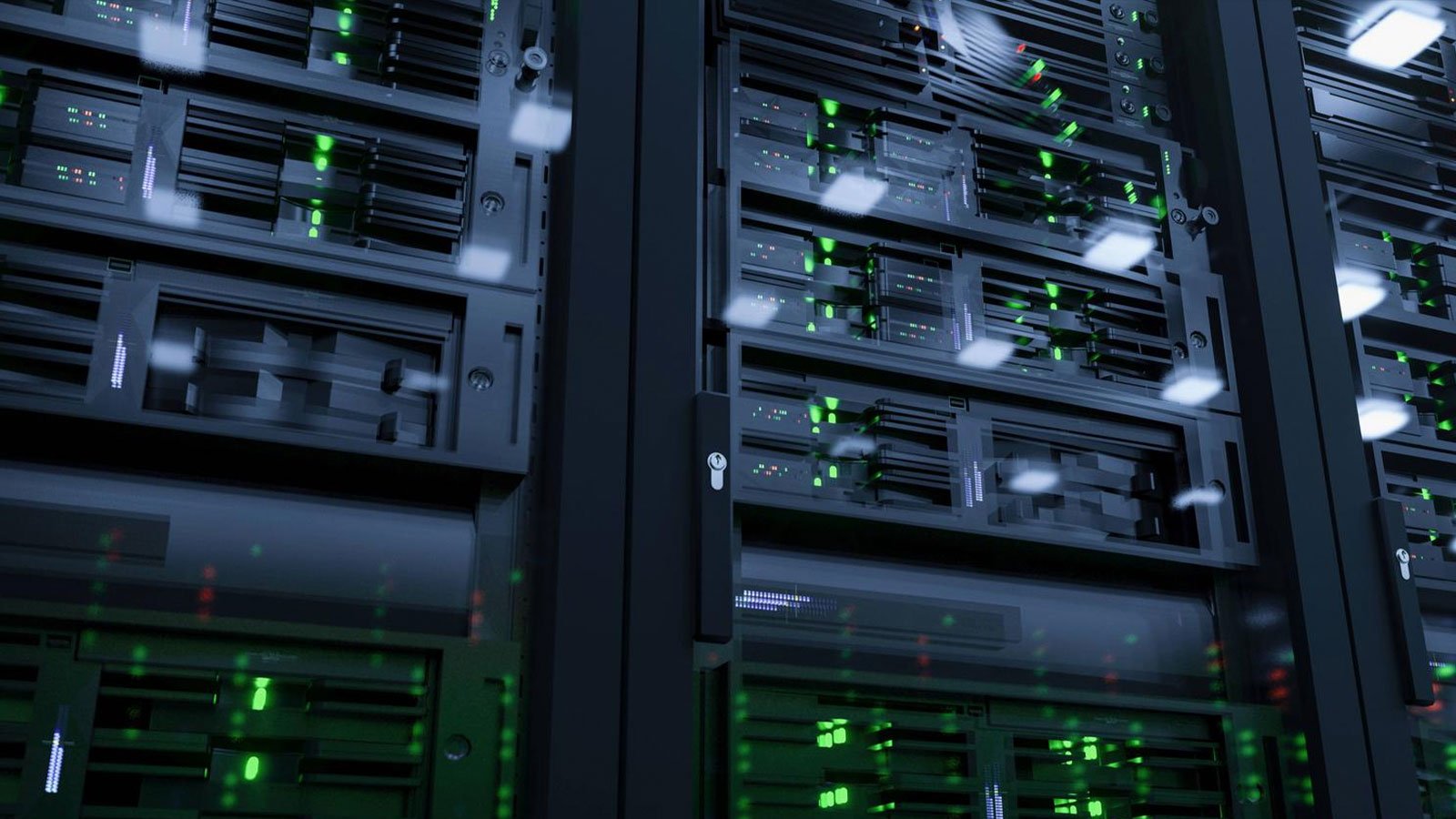
Everybody loves tech predictions. Scoffs and dismissals turning out to be wrong later on are the bread and butter of it, of course. But a considerable portion also included prophetic ones, especially those that turned out to be true later in in face of early ridicule and mockery. Every generation of brilliant minds thinks they understand the limits, until someone proves them spectacularly wrong.
So here are a few good examples of tech forecasts that seemed very wild at the time they were conceptualized but eventually turned out to be the real deal later on.
Disclaimer: Your Favorite 'Mocked Prediction' Is in Another Castle
So, you might have already noticed that word “some” in our intro. Indeed, this article unfortunately would focus only on three contemporary examples: one just prior to the 2000s, another from the 2010s era, and one from today. This is mainly to indirectly show the evolution in perception with people and tech development, and also to see if we truly have learned our lessons or not.
Oh and, we also have one bonus example of a completely unexpected turn for a technology with wide expectations since two decades ago.
"The Web Will Revolutionize Commerce" (1995)
In 1995, when only 14% of Americans had internet access, Netscape co-founder Marc Andreessen predicted the internet would become a primary platform for shopping, banking, and media. He declared this in an era where most people had dial-up modems, and the overall infrastructure of the internet today was completely non-existent. Heck, computers at homes weren’t even a normal thing yet at this time.

Countering this forecast, albeit indirectly, was astronomer Clifford Stoll’s Newsweek piece titled "The Internet? Bah!" It was an article that dismissed many of the proposed applications of the internet (including online commerce) as "baloney." Stoll argued that internet shopping specifically couldn't work because the internet does not have salespeople. He challenged the claims, stating in his article, “So how come my local mall does more business in an afternoon than the entire Internet handles in a month?"
Today, e-commerce generated $6.3 trillion globally in 2024, with Amazon alone reaching a $2.423 trillion market cap. And what about that "local mall" Stoll mentioned that was supposed to be “doing more business than the entire Internet”? Most are struggling today while online retail dominates, especially in the United States. Andreessen's "impossible" prediction completely reshaped civilization.
"Rockets Will Be Reusable Like Airplanes" (2011)
When Elon Musk announced in 2011 that SpaceX would build "the world's first completely reusable rocket", claiming reuse could reduce launch costs from $50-60 million to "only about $50,000", the space industry collectively rolled their eyes. A mere rocket that can save that much money compared to the already (but debatably) reusable Space Shuttle? Unbelievable!
To be fair, the skepticism wasn't that unfounded during that time. A rocket's payload is only about 3% of total mass, which is roughly the same amount needed for re-entry fuel. This leaves almost no margin for landing. NASA Deputy Associate Administrator Dan Dumbacher threw hard shade at the concept based on the Space Shuttle experience, where reuse "wasn't worth it without extensive refurbishment."
The same news article also said that the French space agency CNES cast doubt that reusability could ever be practical. The main issue for them was that safety requirements would make booster returns "problematic." In fact, CNES had even scrapped their own reusability studies prior, convinced that the concept was a dead end.

Today, Falcon 9 boosters achieve a 97.3% landing success rate and routinely fly 10+ times with minimal refurbishment. SpaceX launches more payloads than the rest of the world combined, and saves roughly $15 million per launch through booster reuse. Musk's "impossible" engineering became the foundation of true modern commercial spaceflight.
"We'll Need AI to Fight AI-Generated Fraud" (2020s)
As deepfake technology emerged past the 2020s, security experts predicted gambling and financial industries would need AI systems to detect AI-generated fake identities. You heard that right: artificial intelligence fighting artificial intelligence… in real-time! If you had said that statement to someone without context, they would most likely have thought you were referring to advanced androids or robots.
Most assumed human verification and traditional ID checks would remain sufficient. Operators initially dismissed deepfake concerns as overblown. Industry experts worried about the "significant investment" required for high-quality AI defenses. The concern was that many operators are using the same class of AI tools for verification that fraudsters are using to attack them, and many of them can be found on the CasinoSeeker website.
Reality hit hard early, just some two or so years after the initial scoffing. The gambling industry now faces fraud costs of around $1 billion annually, with fraud rates surging 73% from 2022 to November 2024. As you can imagine, a huge majority of deepfake scams happen during biometric verification, forcing operators to deploy sophisticated AI-powered detection systems. Leading companies like TransUnion, Sumsub, and GeoComply are now recognized as top fraud prevention specialists. And that is most likely just the beginning for the next few decades.
BONUS: AI ‘Took’ Over Creative Jobs, NOT Mundane Jobs
This one, in particular, does not really fall into the prophetic category of our main list, since there is nobody to directly attribute this thought. But the surprise that it gave to the world was at a level that we simply cannot miss the opportunity to include it here.
This one, in particular, does not really fall into the prophetic category of our main list, since there is nobody to directly attribute this thought. But the surprise that it gave to the world was at a level that we simply cannot miss the opportunity to include it here.
For the longest time, it was often imagined that artificial intelligence would render the simpler tasks obsolete first. The thinking was understandably intuitive. After all, the routine nature of blue-collar jobs seemed at greater risk of automation.
But lo and behold, came ChatGPT, DALL-E, MidJourney, and all other generative AI tools for writing and multimedia. Suddenly, you can create almost anything. And with proper curation, even refine it into an acceptable written piece, a bop-worthy sheet of music, or a mesmerizing work of art. All you need is a set of targeted text prompts.
"Not many people thought it would be coming after creative jobs first", as Creative Boom observed. Another digital artist captured the surprise: "I didn't realize how soon that would start happening and how many more jobs were on the line". The dilemma sparked a lot of YouTube videos discussing the subject, and a lot of digital artists chimed in on social media and other similar platforms to state their position on the matter.
As of 2025, a slew of different AI tools are now available for writers, artists, and designers, in much of the same dilemma as steroids pose for athletes and bodybuilders. Meanwhile, construction workers, plumbers, and electricians remain largely unaffected. At least… for now.
Author: Christian C.
Disclaimer: This is sponsored content. The information on this page is not endorsed or supported by U.Today, and U.Today is not responsible or liable for any inaccuracies, poor quality, advertising, products or other materials found within the publication. Readers should do their own research before taking any actions related to the company. U.Today is not responsible, directly or indirectly, for any damage or loss caused or alleged to be caused by or in connection with the use of or reliance on any content, goods or services mentioned in the article.
 Dan Burgin
Dan Burgin Vladislav Sopov
Vladislav Sopov U.Today Editorial Team
U.Today Editorial Team